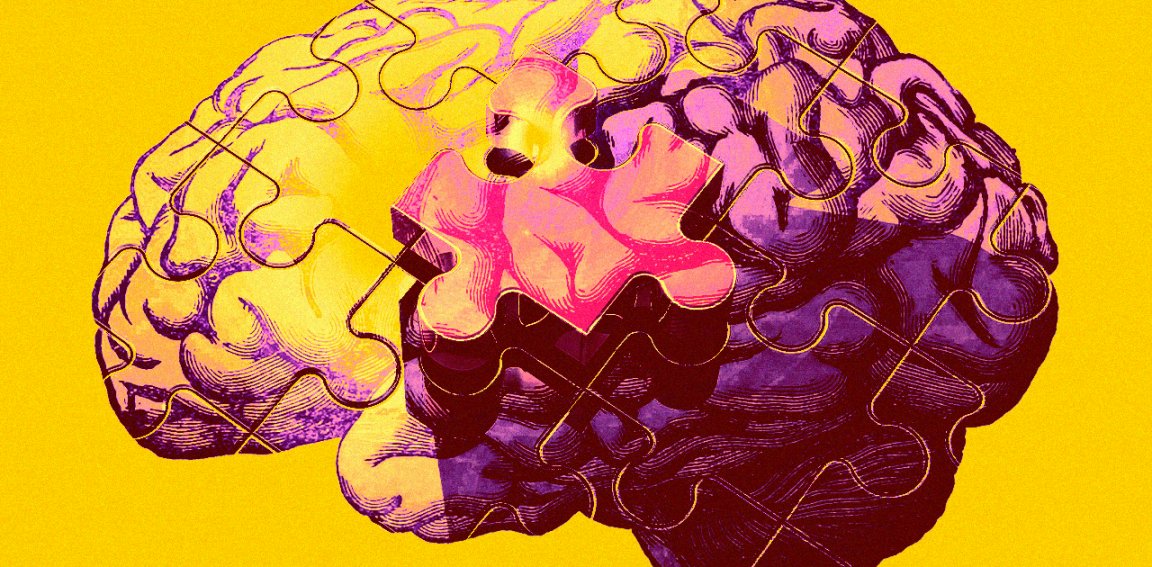
Brain Bath
Roughly 25 years ago, the hunt for a cause of Alzheimer’s disease led researchers to the gene APOE. This gene comes in three common variants, and the version a person has appears to increase or decrease their risk of developing Alzheimer’s.
Soon, researchers will launch a clinical trial in which they’ll attempt to “bathe” the brains of people with the increased-risk version of the gene (APOE4) with viruses carrying the lowered-risk version (APOE2) — and it could lead to a gene therapy for one of the world’s most devastating diseases.
Mom (and Dad) Genes
Every person has two copies of the APOE gene, one from their mother and one from their father. That means some people have one APOE2 gene and one APOE4 gene, and those people tend to have an average risk of developing the disease, leading researchers to conclude that APOE2 might somehow offset the effects of APOE4.
To test the theory, a team of New York researchers are launching a trial in which they’ll inject viruses containing the APOE2 gene into the spinal cords of people with two copies of APOE4 who’ve already begun exhibiting Alzheimer’s symptoms.
After the treatment, they plan to draw spinal fluid from the patients to see if it contains a mix of the two genes, which they’ll take as a sign that the Alzheimer’s treatment is working as hoped.
“[T]he strategy is, can we bathe the brain in E2?” researcher Ronald Crystal from Weill Cornell Medicine told the MIT Technology Review. “We have the infrastructure to do it, so we thought, why not?”
One Shot
The researchers have already tested the treatment on monkeys and mice, with promising results. If it works in humans as well, people with APOE4 might one day be able to see their doctor for a one-time injection of APOE2 as a preventative Alzheimer’s treatment.
Genetic counsellor Susan Hahn told MIT Tech Review she doesn’t recommend people get tested to see which version of APOE they have, since right now it really doesn’t do any good — but this new trial could change that.
“You have to be prepared for what you are going to hear, because it’s permanent,” Hahn said. “You can’t change your genes — although maybe with this study you can.”
READ MORE: Doctors Plan to Test a Gene Therapy That Could Prevent Alzheimer’s Disease [MIT Technology Review]
More on Alzheimer’s: “Holy Herb” Shows Promise as Alzheimer’s Treatment